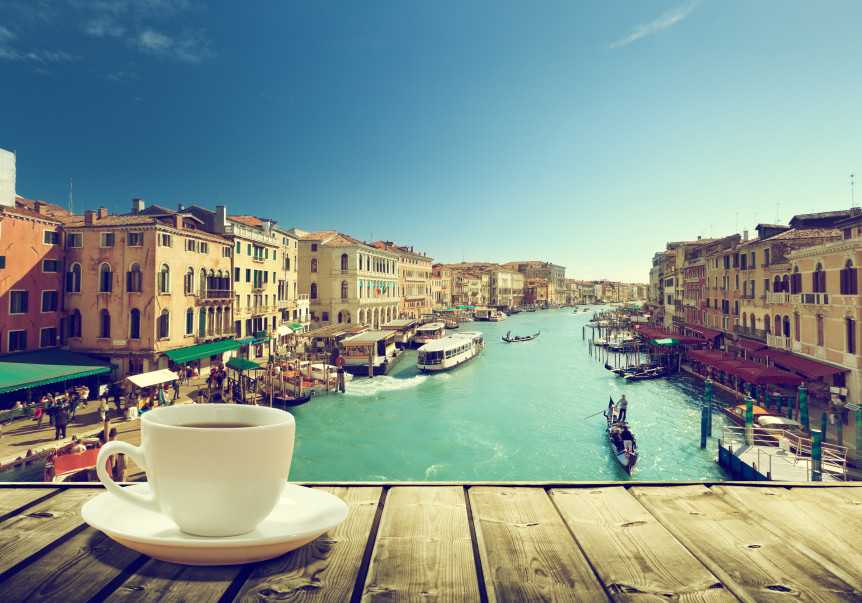MILAN, Italy – The Italian food sector is finally seeing some good times. After a 2016 with production and exports up but consumption flat, 2017 promises an across-the-board improvement: higher value, an acceleration in exports and increased domestic demand, according to forecasts from Luigi Scordamaglia, president of food industry trade group Federalimentare.
Revenue for the food business this year should rise by 1.5% to €134 billion, exports by 5% to €31.5 billion and consumption by 0.3% (net of inflation) to €231 billion.
“After four years of stagnating at €132 billion, a phenomenon unprecedented in the postwar period, production should accelerate, hitting €134 billion. Exports, without major international disruptions, should be positioned to grow around 5%. Closer to the goal of €50 billion by 2020,” said Scordamaglia.
The reversal of the trend started in the second half of 2016. “Food production, which was still hovering at around +0.3%, ended with a +1.1%, which is the biggest increase since 2010,” he said.
The current year should finally see “growth in all three of the sector’s major performance parameters: not just production and export, but domestic food sales as well.”
Assuming that the government doesn’t increase Italy’s value-added tax.
The drivers
What were the segments driving the industry in 2016? The production of tea and coffee (+11.7%), pasta (+5.6%) and pet foods (+4.9%).
In export, sugar was a winner (+19.3%), as were flours (+18.5%) and coffee (+10.3%). Wine products (including musts and vinegars) remains the most significant segment, making up 20% of the market with more than €6 billion in sales, followed by diary production in distant second place at €2.7 billion.
Exports were solid in 2016. The pace of growth eased from +6.7% the previous year but “was without a doubt strong,” said Scordamaglia, “given the complex international context, one of growing protectionist measures and a slowdown in global trade.”
Sales in Italy were weak last year, -0.5% in value, after a decline of 15 points from the start of the crisis in 2007 through 2015.
“The market still remains weak and fragile,” said Scordamaglia.
Stop the traffic light
Many in the industry are concerned at possible consequences of a proposal regarding traffic-light labeling by six multinationals (Coca-Cola Company, Mars, Mondelez International, Nestlé, PepsiCo and Unilever) in Brussels.
This system, tested in the UK, consists of a colored sticker (green, yellow or red) applied to a product to indicate the presence of fat, sugar or salt, regardless of the quantity consumed.
“To rank foods as more or less healthy based on this system is an aberration,” said Scordamaglia.
Basically, it would create a paradox: high-quality products like Parmigiano reggiano, prosciutto di Parma and mozzarella would have a red sticker, while a carbonated drink with chemical colorants and sweeteners would have a green sticker.
Multinationals have asked the EU to get involved, but they would be able to apply the traffic-light label without any penalty. As was the case in Great Britain.
Emanuele Scarci


















